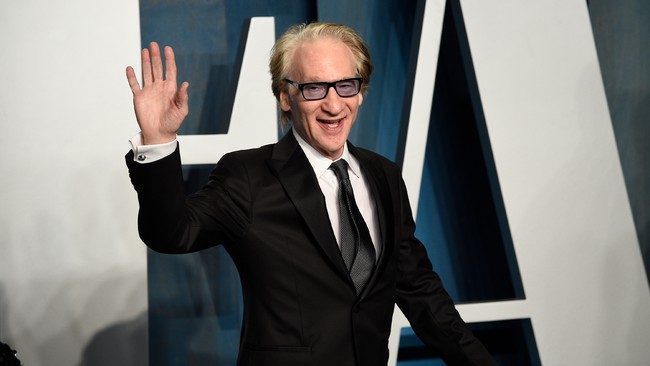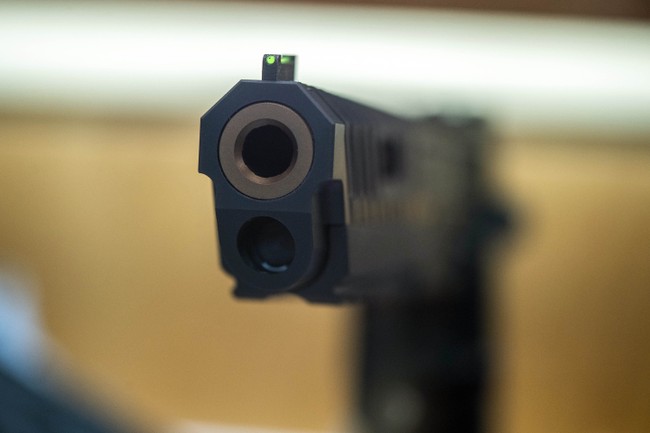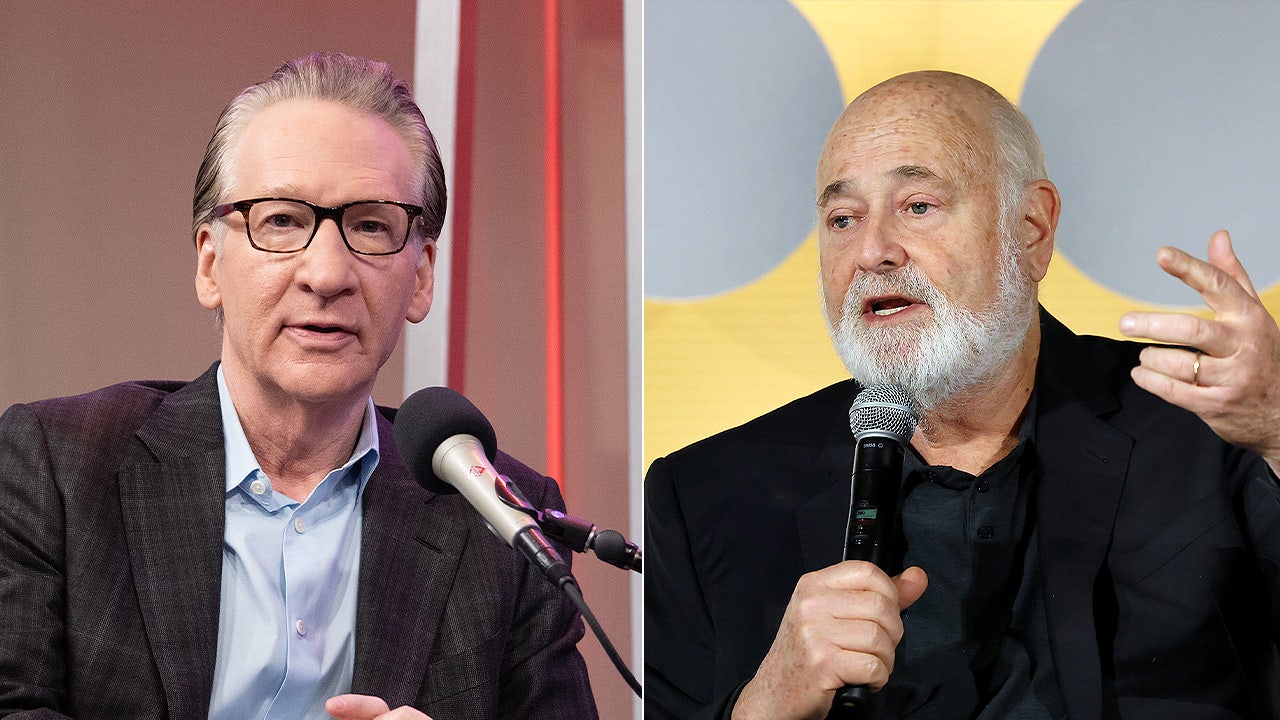I’m shocked, too — that Bill Maher’s audience took this as well as they did. Kudos to them, because it could have been very uncomfortable reception to the Real Time host. Maher has done a good job of attempting to present a more balanced show than most TV comics these days, so perhaps that’s not as shocking as one might think. Had any of the other late-night struggle-session hosts attempted this, their audiences would have been in full revolt.
And that was the point, as Maher hammers out in his monologue. Dialogue is better than monologue.
Maher took the first twelve minutes of his HBO show last night to give what he called his “book report” on having dinner with Donald Trump. It’s a bit NSFW on language, as always, but parts of this had me laughing out loud — especially when we discover what Trump did with Bill Clinton’s “b***-job room,” as Maher puts it. For the most part, though, Maher earnestly and graciously lays out how gracious, open, and self-aware Trump was — and Maher suspects usually is when the cameras are not rolling:
Honestly, I don’t have much commentary here, except to note a couple of points. Near the end, Maher starts taking shots at Democrats for refusing to engage with Trump, and at the media for writing the same editorials for the millionth time rather than actually dialogue. Maher takes a particular shot at Cory Booker for his 25-Hour Filibuster to Nowhere, as well as those people who warned Maher not to visit with Trump at all.
“A crazy person does not live in the White House,” Maher says near the end, but “a person playing a crazy person does.” Maher expresses some frustration at that as well as some criticism, but it’s mainly kayfabe, and most people know it. Whether or not one likes it, Trump uses that persona to inspire toughness and (as always) branding. My friend Salena Zito, whose book Butler: The Untold Story of the Near Assassination of Donald Trump and the Fight for America’s Heartland just went up for pre-sale, cut closest to the truth in her warning to take Trump seriously rather than literally. Maher doesn’t mention that, but he did get a glimpse of the seriousness behind the kayfabe, and is serious and honest enough himself to report it.
For the most part, though, I’d just recommend letting Maher explain it. The entire monologue on the importance of dialogue is worth every moment spent on it, especially toward the end. Kudos to Maher for his courage in sticking the landing, for doing the dinner in the first place, and for having the nerve to get Trump to sign his insult list. Now that’s comedy.
Read the full article here






![Massachusetts Democrat Rep. Arrested on Federal Embezzlement Charges [WATCH] Massachusetts Democrat Rep. Arrested on Federal Embezzlement Charges [WATCH]](https://www.lifezette.com/wp-content/uploads/2025/04/2025.04.12-08.15-lifezette-67fa2139085a5.jpg)



![Ohio Democrats Kicked Out of County Fair, Get Referred to Secret Service Over Vile Merch [WATCH] Ohio Democrats Kicked Out of County Fair, Get Referred to Secret Service Over Vile Merch [WATCH]](https://www.lifezette.com/wp-content/uploads/2025/09/2025.09.22-02.49-lifezette-68d161ede00cf.jpg)
